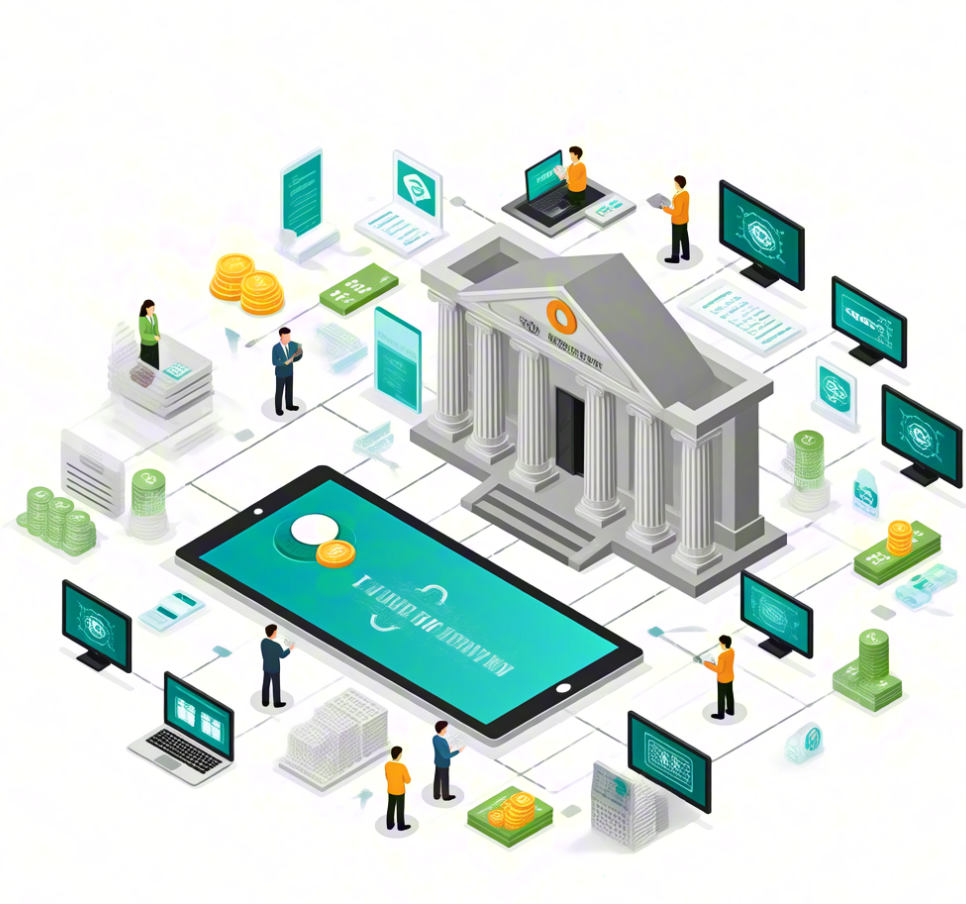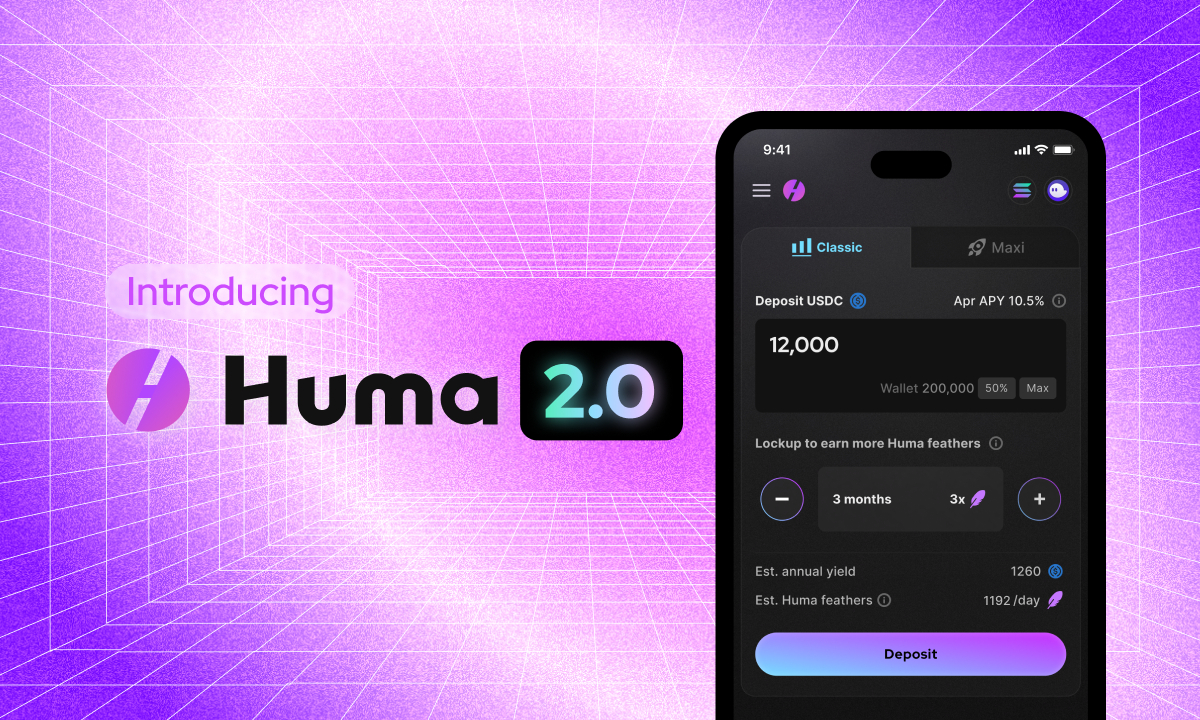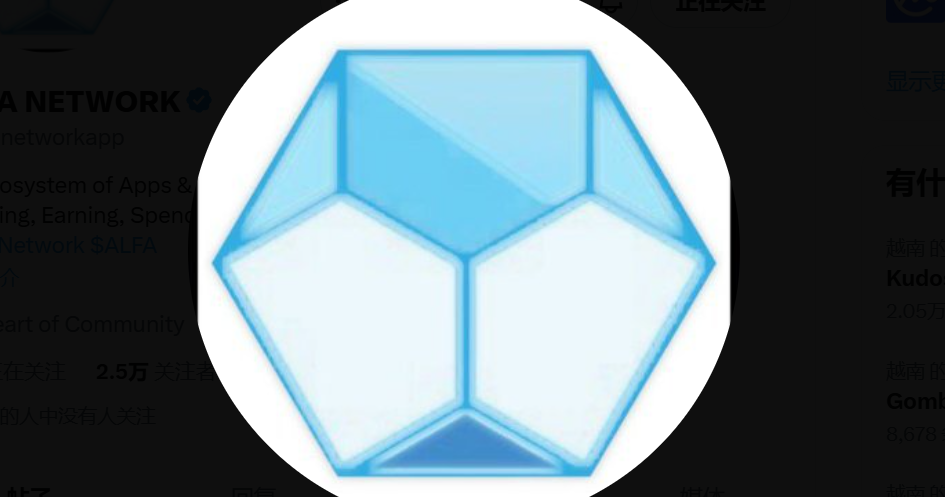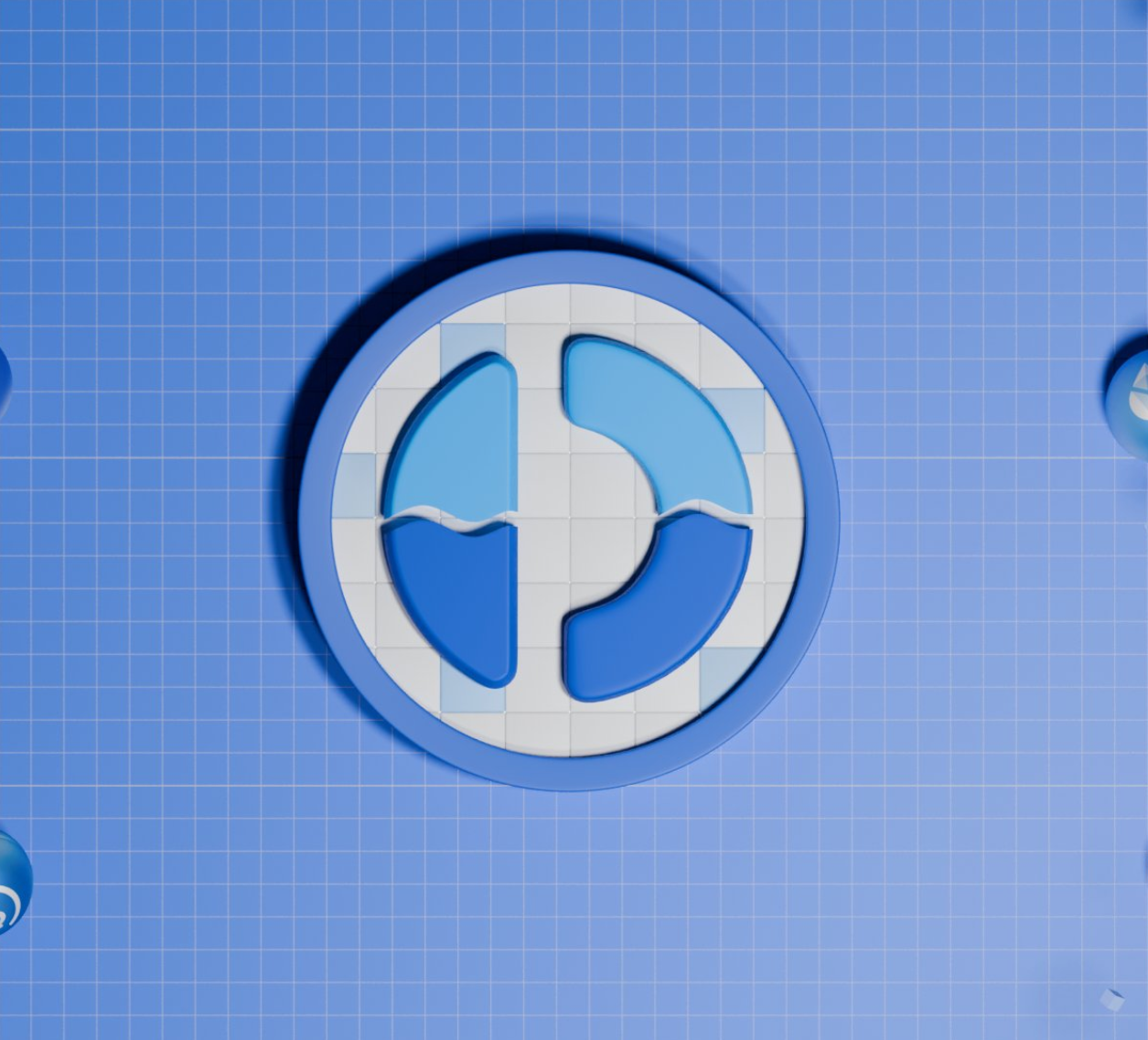Continued Innovation in Decentralized Finance (DeFi)
In recent years, Decentralized Finance (DeFi) has quickly disrupted the traditional financial system with its unique characteristics. DeFi refers to using blockchain technology, especially Ethereum, to provide financial services without intermediaries. The decentralized nature of DeFi platforms allows users to directly engage in various financial activities such as lending, trading, investing, and insurance without relying on banks or other traditional financial institutions. As 2025 approaches, DeFi platforms will continue to grow and innovate, with more applications emerging.
Rapid Development and Advantages of DeFi

One of the core advantages of DeFi is its ability to provide higher transparency and lower transaction costs. Traditional financial institutions typically rely on complex systems and intermediaries to handle transactions, which increases costs and can lead to information asymmetry. DeFi platforms, on the other hand, automate transactions through smart contracts, ensuring transparency and eliminating unnecessary fees brought by intermediaries.
Moreover, DeFi platforms offer greater convenience and more flexible financial services. For example, users can engage in activities like lending and asset management anytime and anywhere without restrictions on time or location. Compared to traditional banking, DeFi platforms often provide higher yields, attracting the attention of numerous investors.
Innovations and Future Developments in DeFi

In 2025, DeFi platforms will witness more innovations, driving the widespread adoption of decentralized finance. Currently, DeFi applications are mainly focused on lending, decentralized exchanges (DEX), and stablecoins. However, with the advancement of technology, DeFi's applications will expand into more financial products and services, such as asset management, derivatives trading, insurance, and pension management.
For instance, DeFi will provide more efficient investment management solutions for pension funds and investment firms. Through smart contracts and decentralized platforms, these institutions will be able to execute transactions more quickly, optimize asset allocation, and reduce intermediary fees and risks. Additionally, DeFi's transparency and trustless nature will provide investors with more peace of mind, fostering liquidity and healthy market development.
The Integration of DeFi and Traditional Finance

As decentralized finance continues to innovate, traditional financial institutions are gradually adopting DeFi solutions to integrate blockchain technology into their existing financial systems. By 2025, more large banks, insurance companies, and asset management firms are expected to adopt DeFi-based solutions, further promoting blockchain applications in finance.
This integration will not only enhance efficiency in the financial industry but also improve the accessibility and popularity of financial services. For example, through DeFi, traditional banks can streamline payment processes and reduce the cost of cross-border transactions; insurance companies can achieve more intelligent claims processes in a decentralized manner, improving customer experience and satisfaction.
Challenges and Outlook for DeFi
Despite the significant potential DeFi shows in providing innovative financial services, it still faces many challenges. First, security concerns remain a focal point. Due to vulnerabilities in smart contract codes, DeFi platforms are frequent targets for hackers, resulting in the loss of user assets. To address this challenge, DeFi platforms must invest in technology development to improve system security.
Furthermore, the user experience of DeFi platforms needs continuous improvement. Currently, many DeFi platforms have complex interfaces, and users face a steep learning curve when navigating them. To attract more mainstream users, DeFi platforms need to enhance user interfaces to make them more accessible and user-friendly.
Conclusion
Overall, Decentralized Finance (DeFi) is evolving toward a more mature and innovative direction. By 2025, DeFi will continue to play an increasingly important role in the financial industry. As technology advances, DeFi will integrate more deeply with traditional finance, providing global users with more transparent, efficient, and convenient financial services.
















No comments yet